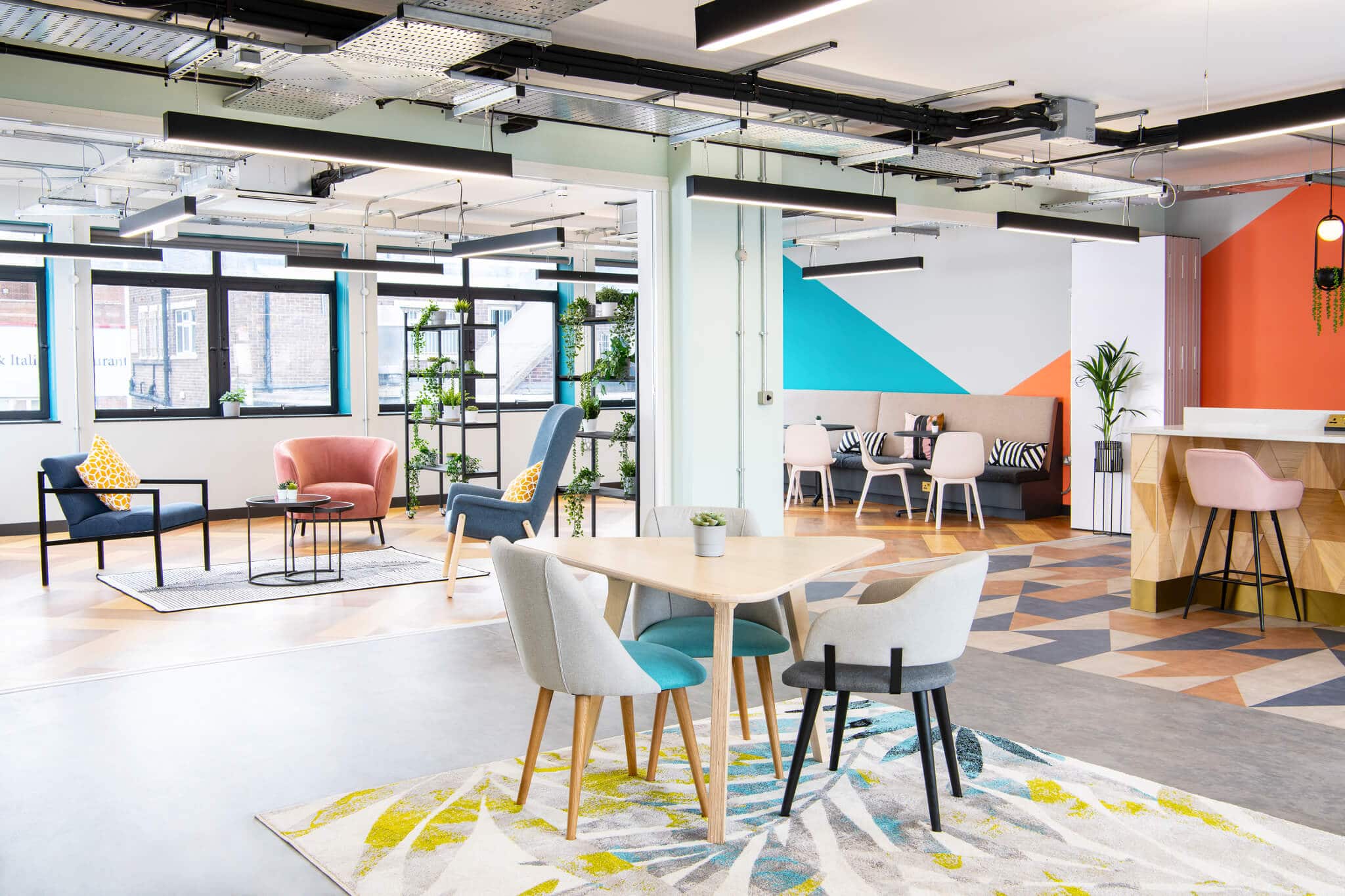Happiness & Wellbeing
Simple Ways to Reduce Plastic Use in the Workplace

Plastic use in the workplace has become a pressing issue in today’s society, with detrimental effects on both the environment and human health. Understanding the importance of reducing plastic consumption and implementing practical solutions is crucial for sustainable business practices.
Blog post contents
What is plastic use in the workplace?
Plastic use in the workplace encompasses the utilisation of various plastic materials for packaging, storage, and other purposes within office environments, manufacturing facilities, and businesses of all types.
Why is it important to reduce plastic use in the workplace?
Reducing plastic use in the workplace is essential due to its adverse effects on the environment, including pollution, wildlife harm, and contribution to climate change. Additionally, plastic consumption poses health risks to employees and consumers through chemical leaching and contamination.
Understanding Plastic Use in the Workplace
Types of plastic commonly used in workplaces
Workplaces often utilise single-use plastics such as water bottles, disposable utensils, and packaging materials. Additionally, office equipment and furniture may contain plastics such as PVC, polystyrene, and acrylic.
Impact of plastic use on the environment and health
The extensive use of plastic in workplaces contributes to pollution of land, waterways, and oceans. Plastic waste disrupts ecosystems, endangers wildlife, and poses long-term risks to human health through ingestion of microplastics and exposure to harmful chemicals.
Simple Ways to Reduce Plastic Use in the Workplace
Implementing reusable alternatives
Transitioning to reusable alternatives such as stainless steel water bottles, glass containers, and biodegradable packaging can significantly reduce plastic consumption in the workplace.
Encouraging recycling initiatives
Establishing recycling programs and providing designated bins for plastic waste encourages employees to dispose of plastic materials responsibly and promotes a culture of sustainability.
Educating employees about plastic reduction
Conducting educational workshops and training sessions raises awareness about the environmental impact of plastic use and empowers employees to adopt eco-friendly practices both at work and in their personal lives.
Benefits of Reducing Plastic Use
Environmental benefits
Reducing plastic use in the workplace minimises plastic pollution, conserves natural resources, and mitigates the harmful effects of plastic production and disposal on ecosystems.
Cost-saving advantages
Transitioning to reusable alternatives and implementing recycling initiatives can lead to cost savings for businesses by reducing expenditures on disposable plastic products and waste management.
Challenges and Solutions
Overcoming resistance to change
Resistance to change among employees and management may hinder efforts to reduce plastic use. Effective communication, employee engagement, and leadership support are essential for overcoming resistance and fostering a culture of sustainability.
Addressing logistical challenges
Identifying sustainable alternatives, sourcing eco-friendly products, and integrating them into existing workflows may present logistical challenges. Collaboration with suppliers and stakeholders can facilitate the transition to plastic-free solutions.
Implementing a Plastic Reduction Policy
Developing a workplace policy
Creating a formal policy outlining guidelines for reducing plastic use reinforces organisational commitment to sustainability and provides clear direction for employees.
Setting measurable goals
Establishing measurable goals and targets for plastic reduction, such as percentage reductions in plastic waste or increased usage of eco-friendly alternatives, enables progress tracking and accountability.
Monitoring and Evaluation
Tracking progress
Regular monitoring of plastic usage, waste generation, and recycling rates allows businesses to assess the effectiveness of plastic reduction initiatives and identify areas for improvement.
Adjusting strategies as needed
Flexibility and adaptability are crucial for refining strategies based on feedback, changing circumstances, and emerging trends in plastic reduction practices.
Conclusion
In conclusion, reducing plastic use in the workplace is imperative for protecting the environment, promoting sustainability, and safeguarding human health. By implementing simple yet effective strategies, businesses can minimise their ecological footprint, realise cost savings, and contribute to a healthier planet for future generations.
At Wizu we understand the importance of sustainability, and encourage everyone to take steps to help the environment. We offer flexible working spaces nationally. If you would like to book a viewing at one of our locations, contact us today.















